On January 31st, the World Justice Project (WJP) released its latest Rule of Law Index Report. This report is an annual publication that includes rule of law assessments of countries based on their level of adherence to 44 indicators grouped into the following 8 categories:
- Constraints on Government Powers
- Absence of Corruption
- Open Government
- Fundamental Rights
- Order and Security
- Regulatory Enforcement
- Civil Justice
- Criminal Justice
Countries are also evaluated on their adherence to a ninth factor – informal justice—that is not included in the aggregate scores. This year’s report includes assessments for 113 countries. The scores and rankings are based on data gathered from two sources: a General Population Poll (GPP) that is disseminated in the 3 largest cities of each country included in the ranking and, a Qualified Respondents’ Questionnaire (QRQ) that gathers responses from in-country experts in civil and commercial law, criminal justice, labor law and public health.
The 2017-2018 Rule of Law Index is available online here: https://worldjusticeproject.org/sites/default/files/documents/WJP_ROLI_2017-18_Online-Edition.pdf.
Previous Rule of Law Index publications can be accessed on the WJP website here: https://worldjusticeproject.org/our-work/wjp-rule-law-index/previous-editions-wjp-rule-law-index.









